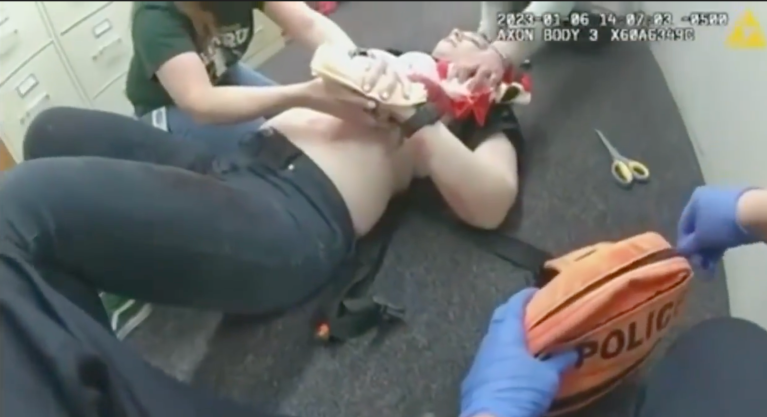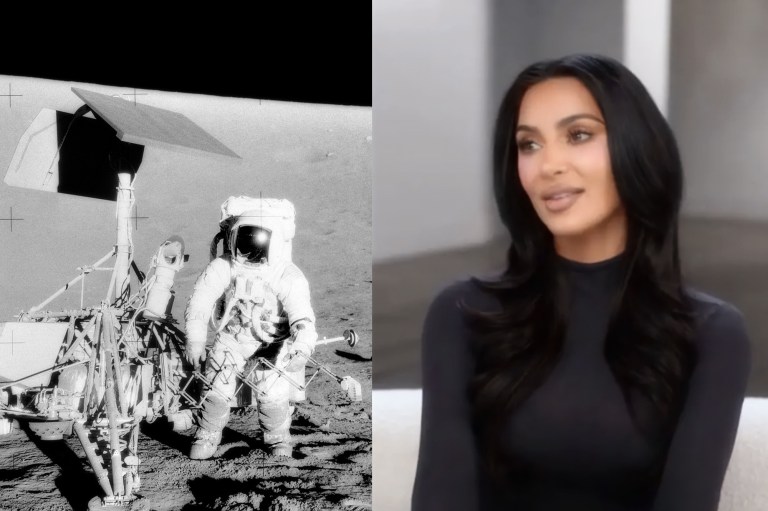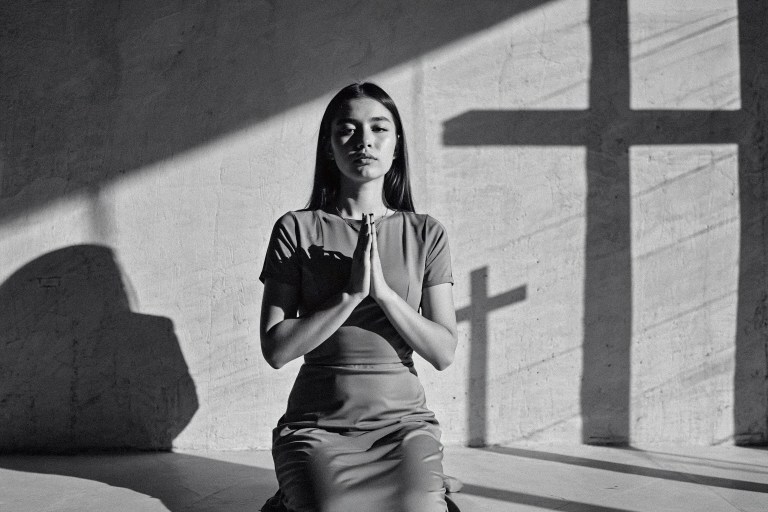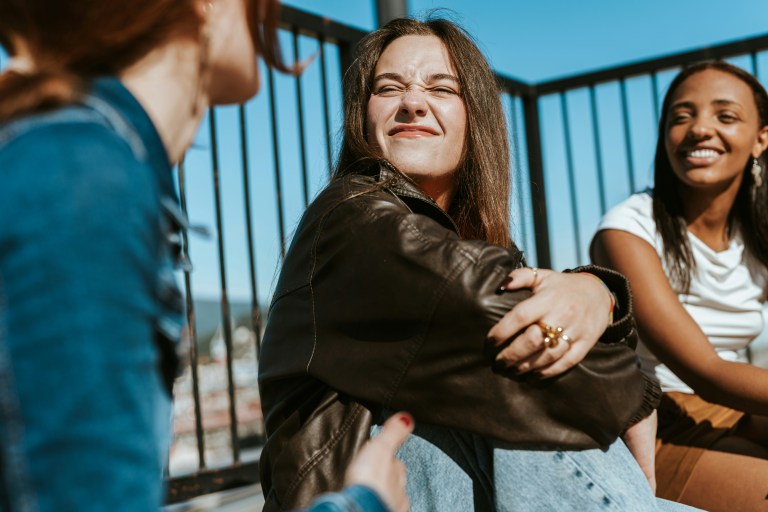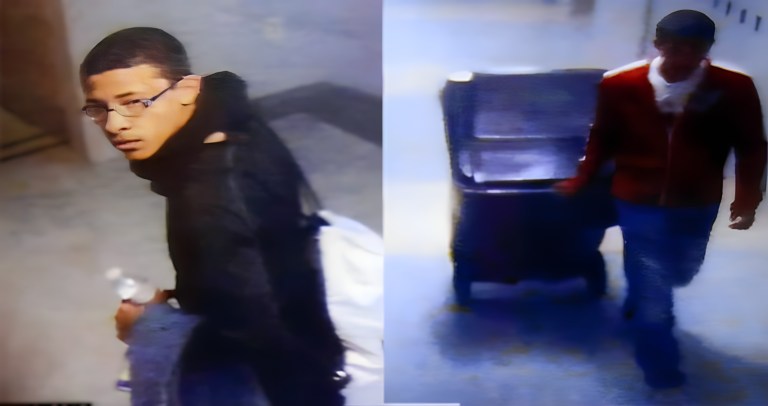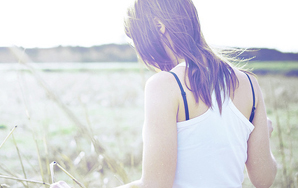
What It Was Like To Grow Up In The Ghetto As A White Girl
Everyone, except for a white lesbian couple who had moved to the area to build parks for underprivileged children, was black or Hispanic.
I grew up in Richmond, California, just outside of an area known as the “Iron Triangle”, a ghetto/war zone bordered by railroad tracks forming a rough triangle, which is how it got its name. This is my hometown.
I never realized as a kid that I was different than everyone else who lived in my neighborhood. Everyone, except for a white lesbian couple who had moved to the area to build parks for underprivileged children, was black or Hispanic. I was the only white kid in the area, but I didn’t really make the distinction until I moved away.
I’m still not quite sure why we lived there. My family was quite well off — my grandfather was a Harvard professor, and my dad made good money as a Systems Administrator. However, he was notoriously frugal, passing up a house in neighboring Berkeley, where he had grown up, to be the only white man around for blocks.
Because the area’s schools were so bad, I went to private school, but I remember a day spent at the local school where my mom was training to be a teacher, which was little more than several portable classrooms and some cracked asphalt. It stood out in stark contrast to my own school, which had been newly remodeled with a beautiful library and theater. There was no playground at this school.
My babysitter was a cranky woman called Ondra, who constantly fed me Mentos. I had a neighbor, an old lady named Cora, who taught me how to make 7-Up cake and once braided my hair into cornrows at my request. At night, I listened to the frequent, loud BANGs and tried to discern if they were gunshots or cars backfiring. When I moved away, I was surprised that people didn’t fire guns on Cinco de Mayo. Living in Richmond, I could never walk around alone, not even around the block. My mom said it was too dangerous after I told her “some guys were yelling at me while I was riding my bike”.
My dad often made comments about “those damn Mexicans” that made me feel uncomfortable, even at nine. “They’re Hispanics or Latinos,” I would say, because I didn’t want to make my dad angry by actually calling him out. He had a temper. He would never say things about black people, though. I’m sure he recognized that as racism, but I think he justified his bigotry towards Hispanics simply because they weren’t black. It was strange – both my parents were authentic, 60s Berkeley hippies, and they imprinted on me certain things from a young age: Republicans are bad. Gay people are normal. Always say “boo” when you hear George Bush on the radio.
I had a small moment of realization for the first time, when I was ten. I was playing with my neighbor, Karen, in a blow-up kiddie pool in my backyard. I said the water was shallow. She asked what “shallow” meant. I was incredulous. It seemed impossible to me, as an avid reader with a private school education that you couldn’t know what the word “shallow” meant. “It’s the opposite of deep,” I told Karen, clueless about the exact reason why she didn’t know the word. I didn’t think she was stupid, but I didn’t realize the school she went to wasn’t as good as mine. After all, I was ten.
There were no trees in my neighborhood. Now, I am nostalgic for summers spent there, with the cracked, bleached streets and nowhere to hide from the sunshine. In the gutters, I would always find the plastic flowers that little black girls used to clip the ends of their braids. The area I live in now, at sixteen, is covered in trees. When I first moved, I told my mom I missed the streets being “all lit-up”. She said the trees were much nicer.
My dad was a drunk, and usually an angry drunk, but when he was simultaneously drunk and happy, he would play Joni Mitchell and Felix Mendelssohn at a deafening volume on his fancy record player. Consequently, we were known as “the loud family”. And it’s true – when he played his music we were the loudest. Not the house on the corner that always seemed to have a noisy barbecue going, or even the tricked-out cars that played rap so loud it would shake the house, driving down the street all through the night. The neighborhood I live in now is completely silent, and I’m not used to falling asleep without those noises. I’m not used to the trees. ![]()
